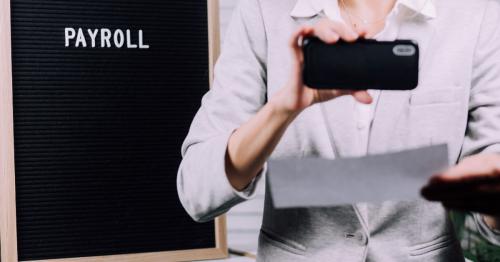Different types of hallucinations you experience during sleep paralysis
The unusual bodily experience is associated with the stages of REM where the brainstem, cerebellar and cortical vesticular centers are activated in your sleep. The pons, a part of the brainstem that links that medulla oblongata to the thalamus inhibits movement during your sleep. In this hallucination, you feel like you are moving, but are not, since this part is overactive.

Unusual out of body experiences (Pixabay)
Even though sleep paralysis is hereditary, it can happen to anyone. There are other factors that can increase someone’s likelihood to experience sleep paralysis like, jet lag, lack of sleep, sleep disturbances, and shift work.

Irregular sleep patterns can lead to episodes of sleep paralysis (Pexels)
This condition is common among certain groups of people and it is also linked to hypertension, seizures, and narcolepsy, which is a sleep disorder in which the person loses control over their ability to regulate sleep cycles and fall asleep at unexpected moments.
Stress and depression can cause episodes of sleep paralysis to occur, so, having a proper sleep schedule and reducing the amount of stress can help cure it. There being no “one-size-fits-all” cure for sleep paralysis you need to find the solutions applicable to you and implement them to prevent future episodes.
/ Source: thedailynet





Comments